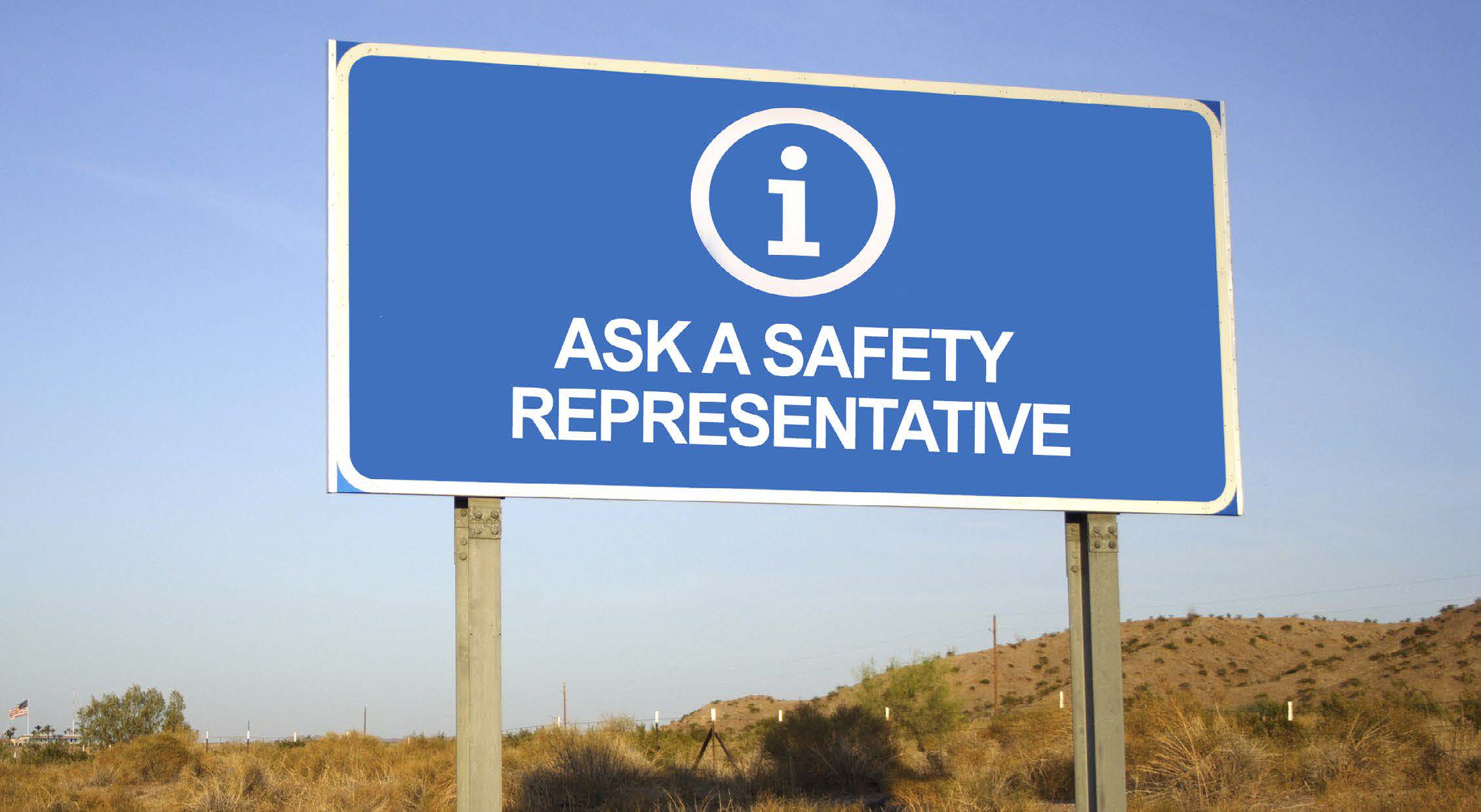Ask the Safety Rep: The Difference between an AOBRD and an ELD?
 WHAT'S THE DIFFERENCE BETWEEN AN AOBRD AND AN ELD?
WHAT'S THE DIFFERENCE BETWEEN AN AOBRD AND AN ELD?
The short answer is that while they are quite similar, electronic logging devices (ELD) have enhanced functionality over automated onboard recording devices (AOBRD). Since ELDs will be required in all vehicles (unless exempt) by December 16, 2019, motor carriers need to understand the differences between both types of devices because an AOBRD’s current functionality may not meet the ELD mandate requirements. The first key difference is that ELDs are more precise than AOBRDs in that ELDs are required to process certain events in very specific ways. For example, ELDs are required to automatically change a driver’s duty status to “On-Duty, Not Driving” whenever the vehicle has not moved for five consecutive minutes and the driver has not responded to a system prompt within one minute. An AOBRD is not required to make this change automatically.
Also, ELDs are required to warn drivers about any unassigned driving time/miles that the device records whenever drivers log into the ELD. The ELD mandate requires that all vehicle miles are accounted for even if no driver is electronically associated with the ELD, like a mechanic taking the vehicle for a test drive. This feature ensures that all drivers' logs are accurate.
FMCSA provides the following table to compare technical specifications of an AOBRD (49 CFR 395.15) and an ELD at https://www.fmcsa.dot.gov/hours-service/elds/differences-between-aobrds-and-elds.
Since there are too many technical differences between AOBRDs and ELDs to address in this article, motor carriers should review the comparison table provided by FMCSA to determine if their devices are compliant with the ELD mandate. If you cannot make this determination on your own, contact your AOBRD/ELD provider for clarification.
Motor carriers using AOBRDs or paper logs should begin the transition to ELDs immediately. In addition to meeting the ELD mandate requirement, below is a short list of benefits of making the transition to ELDs:
• Reduce administrative burden for drivers and operations personnel.
• Improve fuel efficiency through idle time monitoring.
• Receive real-time alerts on vehicle diagnostics.
• Monitor vehicle locations to improve security, routing and productivity.
• Track at-risk driving behaviors such as hard braking, speeding, etc.
• Automatically calculate International Fuel Tax Agreement (IFTA) reports.
• Improve Safety Measurement System (SMS) results by more closely monitoring hours of service.
For more information on ELDs, refer to Great West Casualty Company’s “ELD Mandate Resources” webpage at www.gwccnet.com.
CALL TO ACTION
-
Ensure all devices used to record a driver’s record of duty status meet ELD mandate requirements.
-
Ensure all drivers, operations and maintenance personnel are trained on ELDs.
-
Make sure your hours of service policy is current and updated to meet ELD mandate requirements.
Note: These lists are not intended to be all-inclusive.
The information in this article is provided as a courtesy of Great West Casualty Company and is part of the Value-Driven® Company program. Value-Driven Company was created to help educate and inform insureds so they can make better decisions, build a culture that values safety, and manage risk more effectively. To see what additional resources Great West Casualty Company can provide for its insureds, please contact your safety representative, or click below to find an agent.
© Great West Casualty Company 2019. The material in this publication is the property of Great West Casualty Company unless otherwise noted and may not be reproduced without its written consent by any person other than a current insured of Great West Casualty Company for business purposes. Insured should attribute use as follows: “© Great West Casualty Company 2019. Used with permission by Great West Casualty Company.”
This material is intended to be a broad overview of the subject matter and is provided for informational purposes only. Great West Casualty Company does not provide legal advice to its insureds, nor does it advise insureds on employment-related issues. Therefore, the subject matter is not intended to serve as legal or employment advice for any issue(s) that may arise in the operations of its insureds. Legal advice should always be sought from the insured’s legal counsel. Great West Casualty Company shall have neither liability nor responsibility to any person or entity with respect to any loss, action, or inaction alleged to be caused directly or indirectly as a result of the information contained herein.




